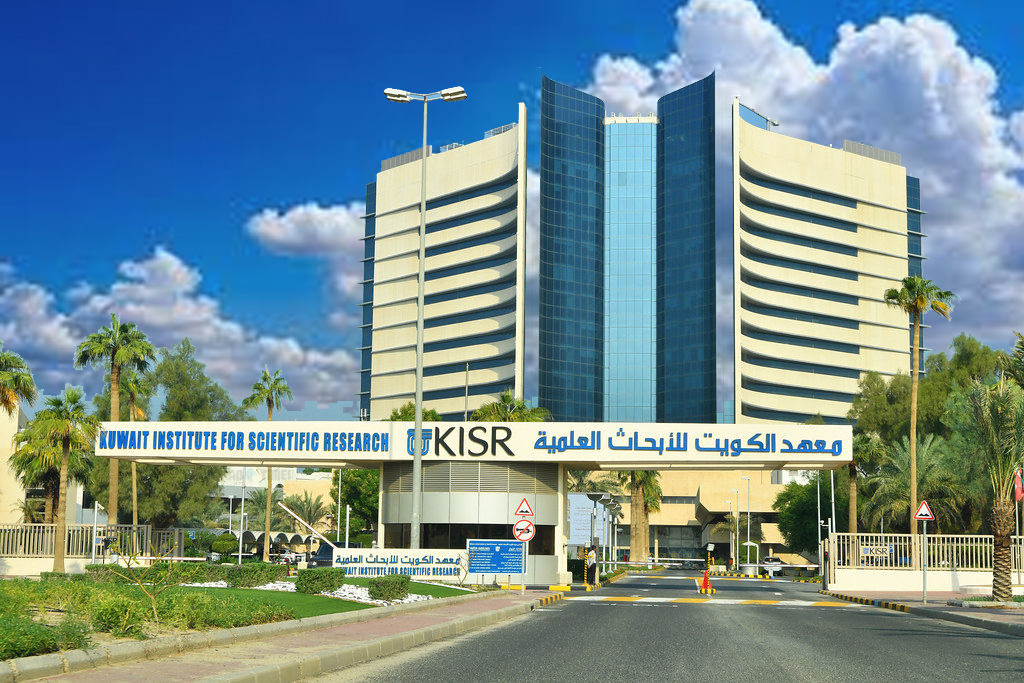25/01/2024
25/01/2024

KUWAIT CITY, Jan 25: The Kuwait Institute for Scientific Research recently organized a symposium under the title ‘Will nuclear energy contribute to Kuwait's goal of achieving net-zero carbon emissions’, showcasing the findings from a collaborative study with the International Atomic Energy Agency, examining the technical, economic, environmental, social, and political feasibility of integrating nuclear energy technology across Kuwait's energy sector, reports Al-Jarida daily.
Dr. Ahmed Al-Mulla, Acting Executive Director of the Energy and Building Research Center, spoke on behalf of Dr. Mishaan Al-Otaibi, Acting Director General of the Institute. Al-Mulla highlighted that while Kuwait has not formally adopted a nuclear energy program, the study explores technological advancements for sustainable development to meet escalating energy demands.
Emphasizing Kuwait's commitment to carbon reduction, Al-Mulla referenced pledges made at the United Nations Climate Conference of the Parties (COP27), targeting net-zero carbon emissions by 2050 in the oil sector and 2060 in other sectors.
Al-Mulla outlined Kuwait's ongoing initiatives to address energy demand and reduce carbon emissions, including energy efficiency measures, plant development, and renewable energy projects like the Shaqaya Renewable Energy Complex. The study also evaluated the potential of renewable energy systems, such as solar and wind technologies, in achieving near-zero carbon emissions.
Dr. Osama Al-Sayegh, Head of the project at the Energy and Building Research Center, noted the study considered climatic, geographical, and area-specific factors affecting the deployment of renewable energy systems. He highlighted the examination of nuclear energy technology, specifically Small Modular Reactors, as a low-emission alternative with advanced safety features. The study assessed the technical, economic, and environmental feasibility of adopting nuclear energy, emphasizing the crucial role of social and political considerations in its acceptance. The institute remains dedicated to researching clean energy technologies, including blue and green hydrogen production, waste-to-energy conversion, carbon capture, remanufacturing, and energy storage, aligning with Kuwait's development goals.


